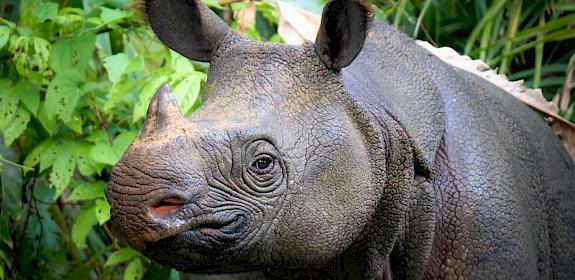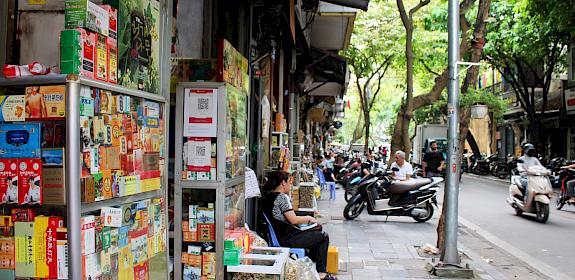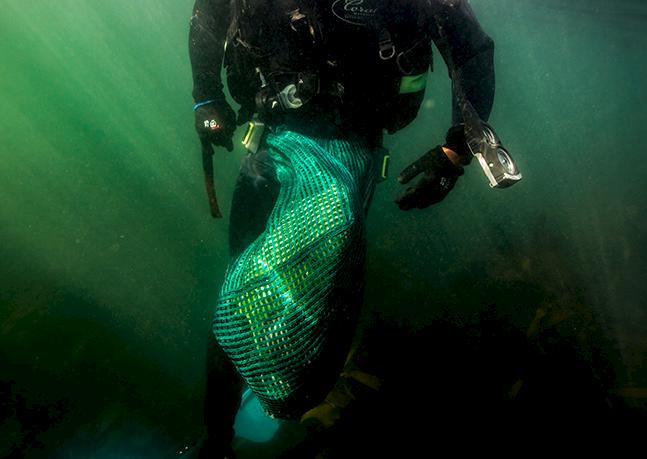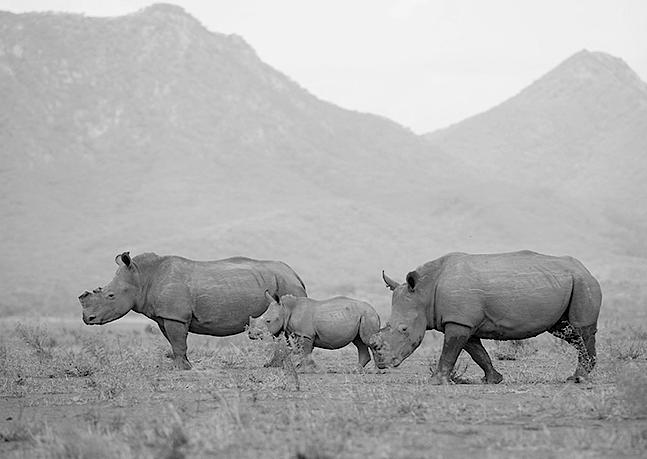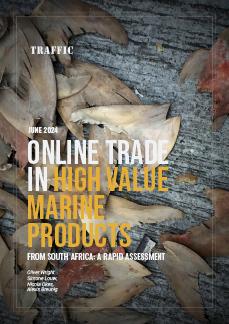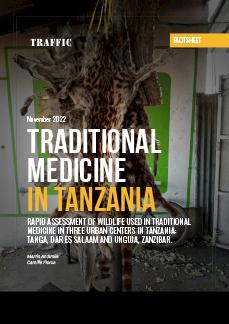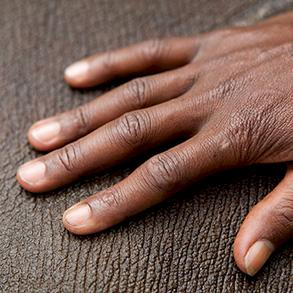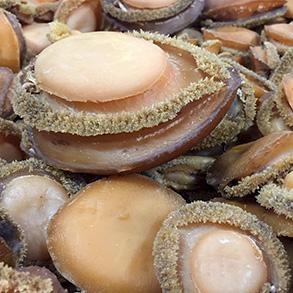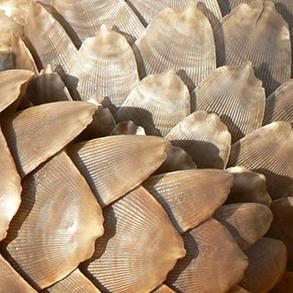
Chimpanzee Pan troglodytes, often poached and sold for their meat or body parts © Michel Gunther / WWF
i
The illegal killing and trafficking of threatened wildlife species is one of the most urgent conservation issues of our time. Skyrocketing demand for illegal wildlife products and increasing involvement from international criminal syndicates is pushing many charismatic African wildlife species over the edge.
Simultaneously, poorly-regulated or mismanaged legal wildlife trade is posing threats to lesser-known flora and fauna. TRAFFIC's project, Reducing Trade Threats to Africa's wild species and ecosystems (ReTTA), works to identify trends in illegal or unsustainable trade and help develop national and international solutions that could turn the tide for wildlife.
41 African countries
exported CITES-listed wildlife species to Asia between 2006–2015

Information is power, and at ReTTA's core is the drive to identify, understand and anticipate wildlife trade trends that could push African species over the edge.
Camilla Floros, ReTTA Project Leader
Access to reliable, objective and timely information is an invaluable means of combating wildlife crime and critical to the design, delivery and evaluation of actions promoting sustainable wildlife trade.
ReTTA supports a wider suite of activities undertaken by TRAFFIC in Africa and Asia, but provides core insights into developing illegal trade dynamics, identifying ways to increase the power of information gathering and data collection to support the conservation of at risk African wildlife.
The trade in Lions is reasonably under-researched, though there are indications that wild populations are being impacted by unsustainable national and international consumption © Shutterstock / Hedrus / WWF-Sweden
i
latest reports and materials
Trade analysis, reports and risk assessments all form part of the way in which ReTTA tackles illegal wildlife trade and works towards sustainability. View the latest resources here.
Visit our resource library for the full TRAFFIC publication archive.
spotlight for priority wildlife
how ReTTA works to protect Africa's ecosystems
increasing our knowledge base
Expanding the quality, breadth, depth and timeliness of our information on markets for illegal and unsustainable trade in wildlife products from Africa is essential to the conservation of species.
ReTTA conducts physical trade monitoring at key markets and transit points for at risk species, investigates illegal wildlife trade on social media and e-commerce platforms in Asia, Europe and the US (including sales on closed groups such as those on Facebook) and uses major advances in technology to gather and analyse seizure, prosecution and Customs data to map emerging wildlife trade trends. This information is used to better influence international policy and support enforcement agencies.
Suspected rhino horn beads and carvings found in house in Germiston, South Africa © South African Police Service, 2017
i
improving the effectiveness of actions to reduce illegal trade
Poaching and illegal trade in many wild species are continuing at unprecedented levels, despite major effort and investment from governments, NGOs and others.
ReTTA shines a spotlight on illegal and unsustainable wildlife trade, but also works to inform more effective actions to reduce it. Analyses and outputs are tailored to support national and international enforcement agencies respond and prevent wildlife crime and engage businesses in the fight against illegal wildlife trade (such as by identifying key transport routes, methods and companies involved in shipment of wildlife contraband to foreign markets).
Rhino horn powder seized in Cyrildene, South Africa © Julian Rademeyer / TRAFFIC
i
supporting innovation in reducing illegal and unsustainable trade
Exploring advances in technology and new collaborative opportunities helps conservation stay one step ahead of international criminal syndicates, poachers and wildlife traffickers.
Our research is helping to illuminate gaps in the capacity of government, private sector and civil society actors to identify and/or respond to incidences of illegal and unsustainable trade. We deliver bespoke capacity building tools and training as well as supporting the development of new analytical tools to identify cases of illegal trade.
Advances in data mapping and analytics provide invaluable insights into emerging trade trends. This graphic shows illicit trade routes for rhino horn captured from seizures between 2016–2017 © TRAFFIC
i
encouraging greater information sharing and collaboration
Although illegal and unsustainable trade in wild species is relevant to a wide range of government agendas, responsibility for managing wildlife trade tends to be vested in a small number of agencies.
There is often little communication where multiple agencies (such as Customs, police, the judiciary) are involved. The situation is compounded when working across local or international borders. We've worked successfully in China to support the development of inter-agency taskforces to crack down on wildlife crime, and through ReTTA, we are now convening multi-agency processes at national and regional levels to strengthen cross-collaboration among enforcement agencies.
an analysis of legal trade from Africa
High-profile declines in populations of charismatic species due to poaching and illegal trade, although pressing conservation concerns, can often eclipse threats to lesser-known wildlife populations.
A recent analysis undertaken through ReTTA reviewed trade in CITES-listed species between 41 African nations and countries/territories in East and Southeast Asia. Included in the findings was that between 2006 and 2015, 1.3-million live animals and plants, 1.5-million skins and two thousand tonnes of meat from CITES-listed species have been exported from Africa.
South Africa
is by far the largest exporter of live birds, mammals and plants in Africa
a thank you
TRAFFIC's project working towards Reducing Trade Threats to Africa's wild species and ecosystems (ReTTA) is generously funded by Arcadia.
Members of the ReTTA team during a project planning meeting in South Africa
i

